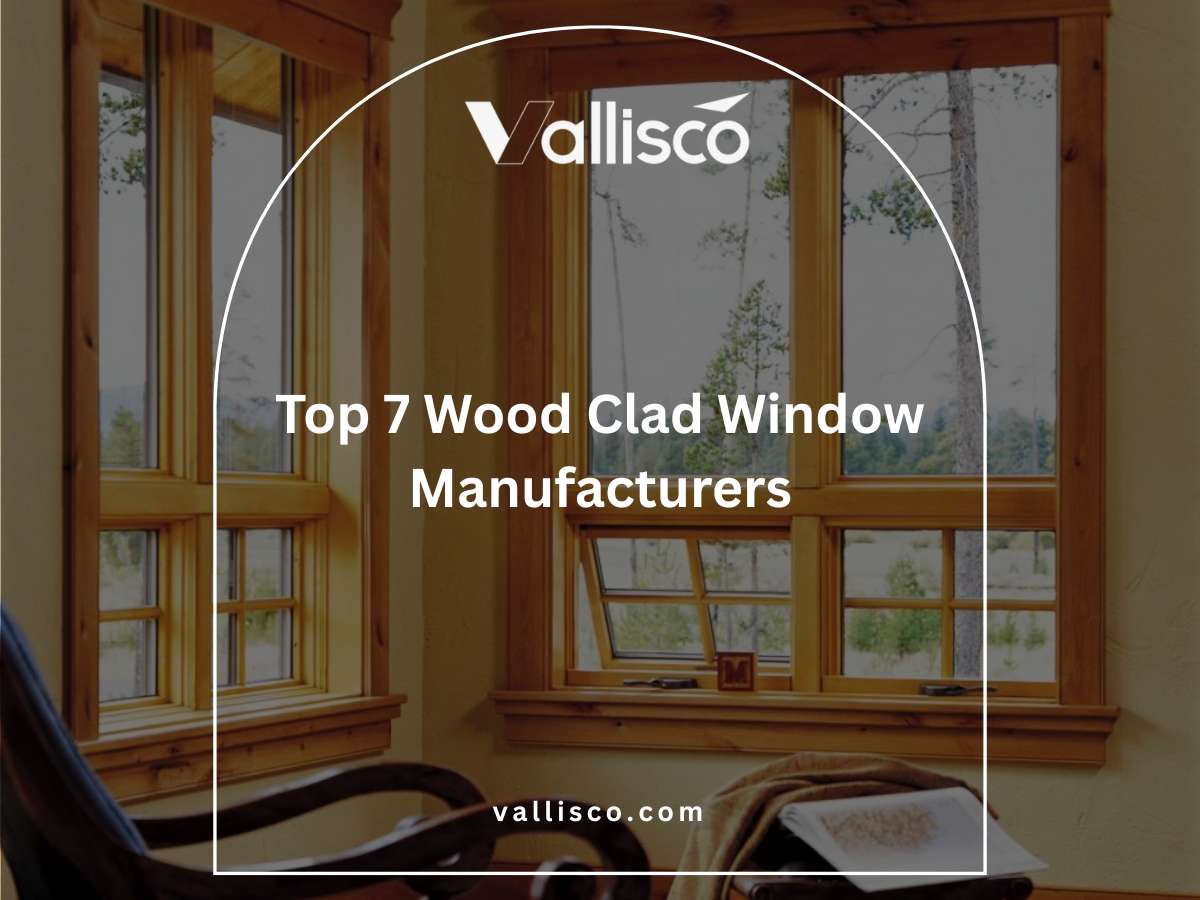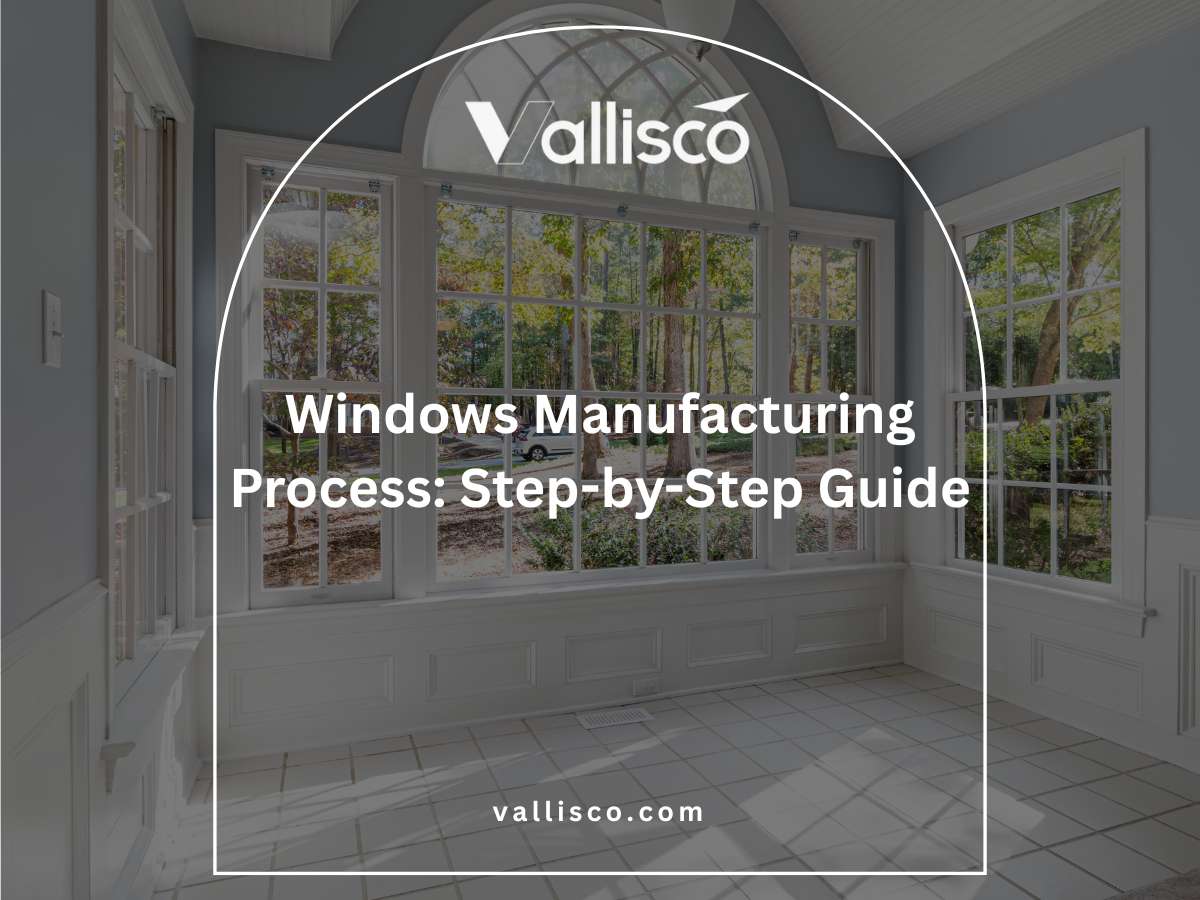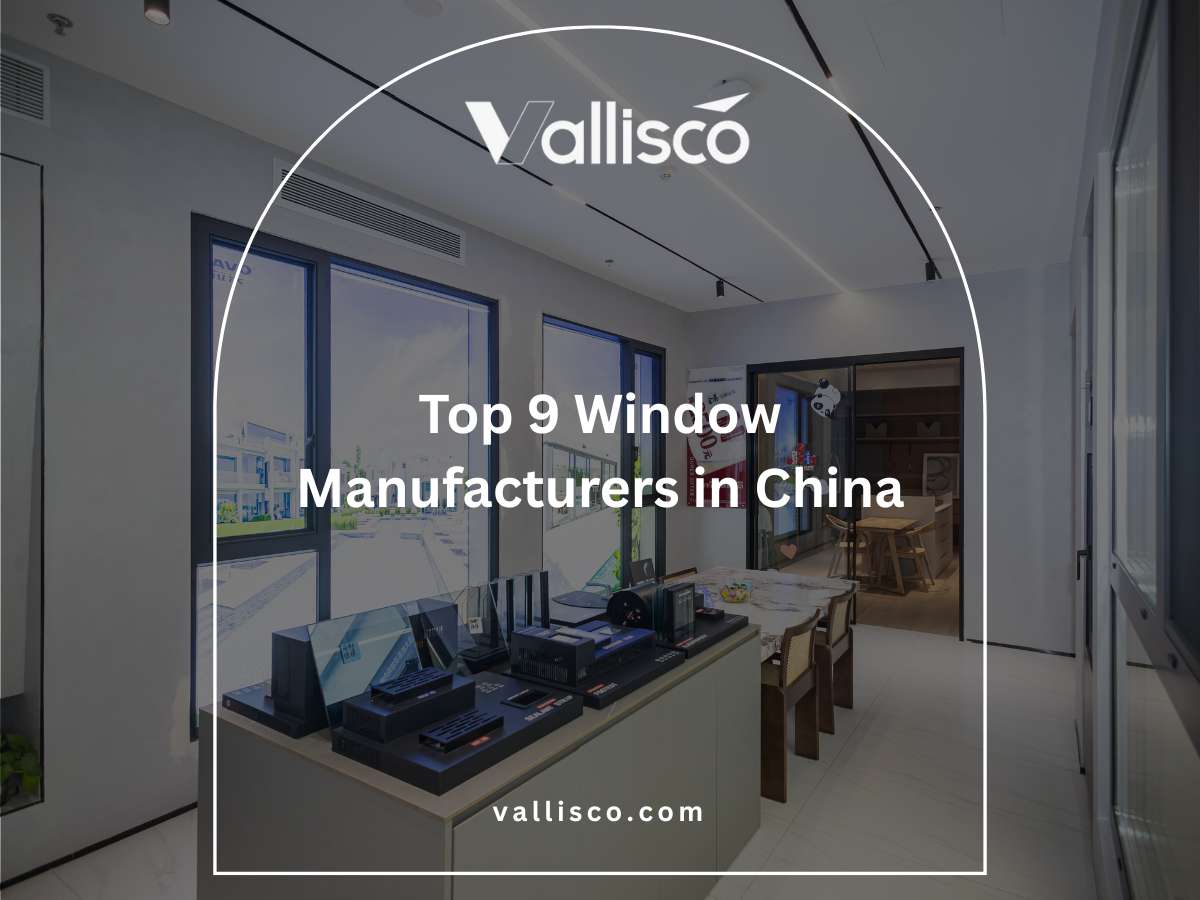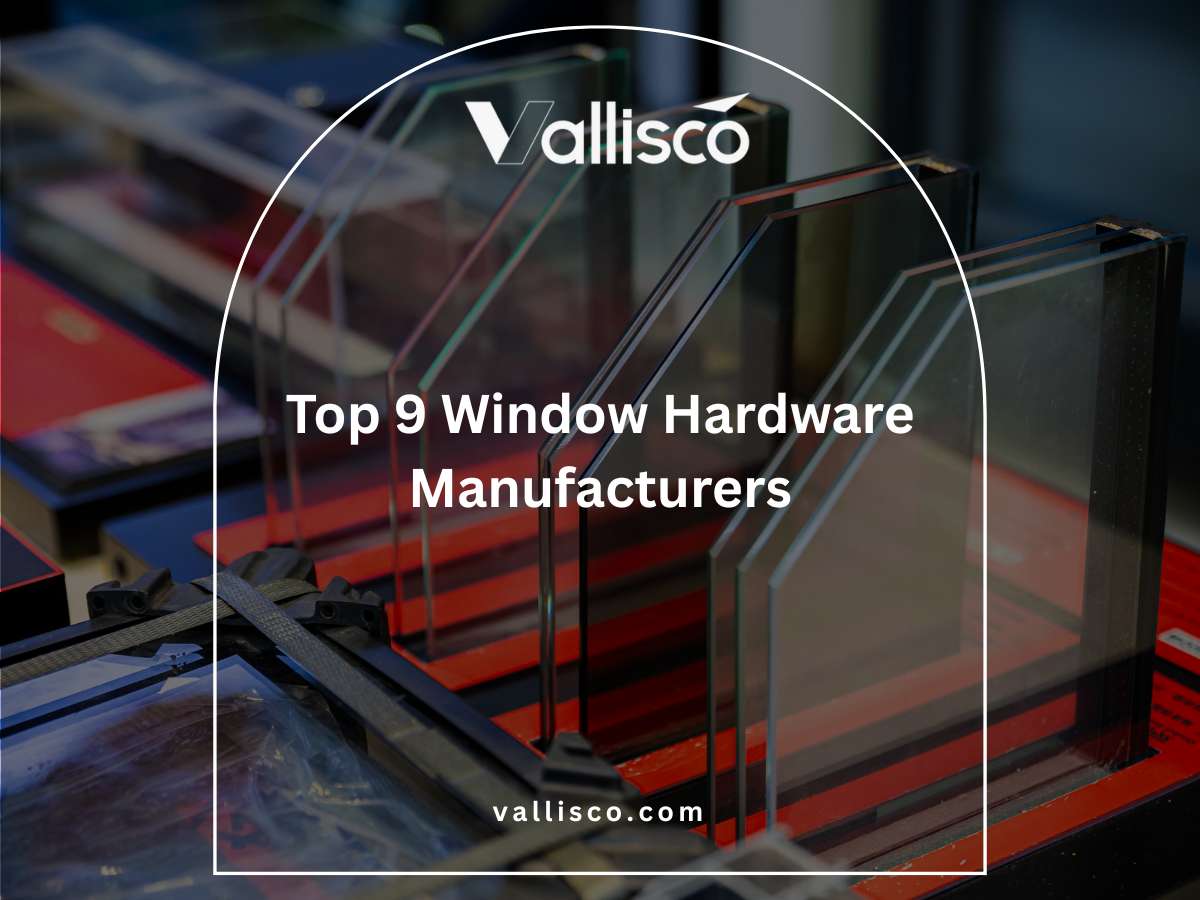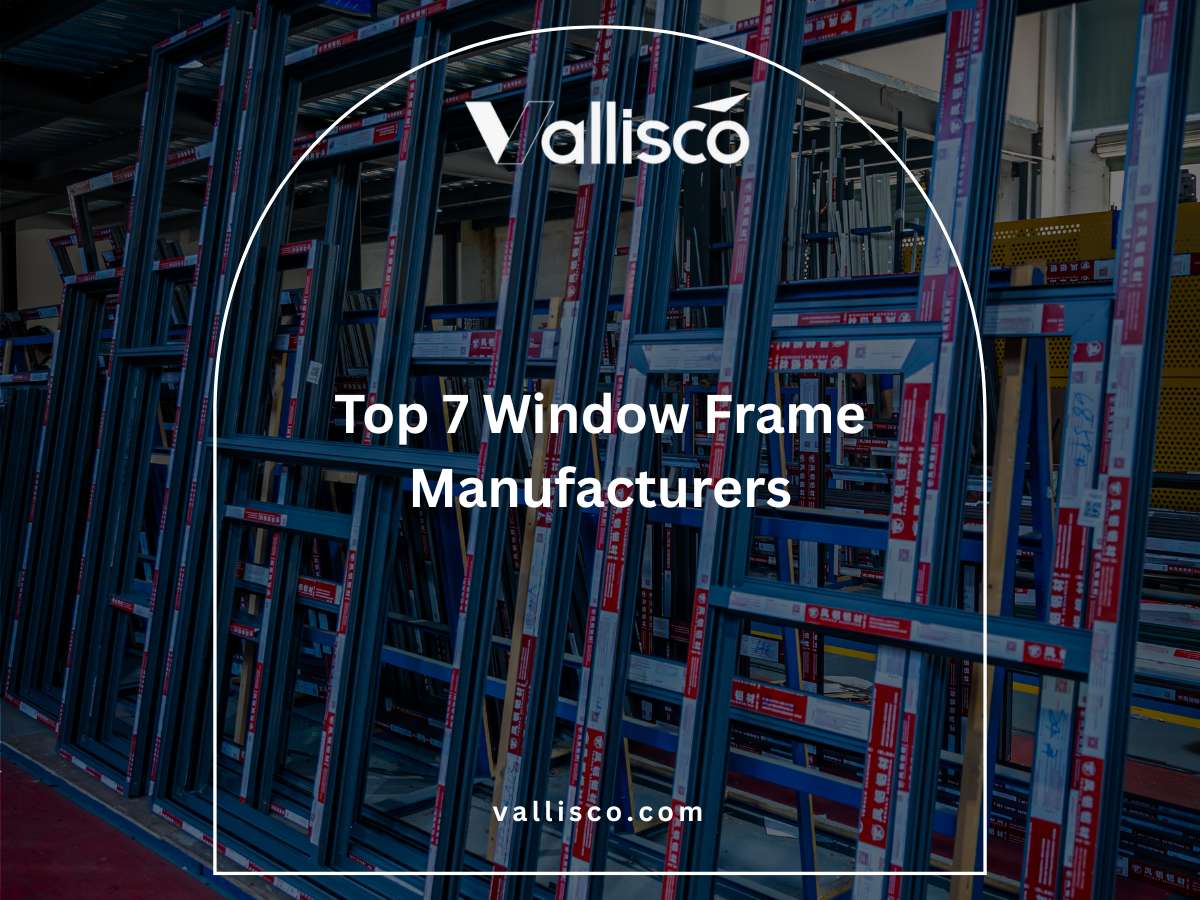Last year, I visited a villa project where the engineering team was frustrated. Their imported casement windows had started to warp after just two rainy seasons.
That meeting showed me that buying commercial casement windows is more than just picking a style from a brochure.
I have helped hotels, B&Bs, and greenhouses replace hundreds of windows that failed too soon. My advice comes from solving real-world problems for properties like yours.
This article will explain how to choose the right frame, glass, and hardware, and what to check before signing a contract. It will give you the details you need to avoid costly mistakes.
The right decision now will save you time, money, and stress later.
Let’s get started!
1. What Are Commercial Casement Windows?
Commercial casement windows are side-hinged windows that swing open like a door, usually outward. They are often operated with a crank handle or lever. You’ll see them in hotels, villas, B&Bs, and greenhouses because they give good airflow and let in plenty of light.
If you are planning a new build or replacing old units, it helps to think of casement windows as more than just “open and close” frames. The material, hardware, and glazing you choose will affect comfort, security, and long-term costs.
I’ve worked with many business owners who didn’t realize how much these choices matter until years later. You can avoid that by starting with a clear understanding of what these windows are and how they work for your type of property.
2. Key Performance Features to Look For
Over the years, I’ve seen that the best commercial casement windows aren’t just about looks. The real difference is in how they perform once installed in your building. Here are the ones I always recommend you check:
- Durability of the Frame Material: The frame is the backbone of your window. Aluminum, uPVC, wood, and composite each have different strengths. If your property faces heavy rain or high humidity, you need a material that will hold its shape and resist damage over time.
- Energy Efficiency: Good windows help control indoor temperatures, which can lower your heating or cooling costs. Look for features like double or triple glazing, thermal breaks in aluminum frames, and quality seals. These small details can make a big difference in your monthly expenses.
- Security Features: Security should be part of your first checklist. Multi-point locking systems, strong hinges, and laminated glass add extra protection.
- Ventilation and Ease of Use: Casement windows are known for catching breezes, but the hardware affects how well they open and close. Choose handles and hinges that work smoothly, even after years of use.
- Weather Resistance: In Southeast Asia and parts of Europe, windows can face strong winds, heavy rain, or salt in the air. Look for tested wind-load ratings, water-tight seals, and corrosion-resistant finishes. This is one area where cutting corners often leads to early replacements.
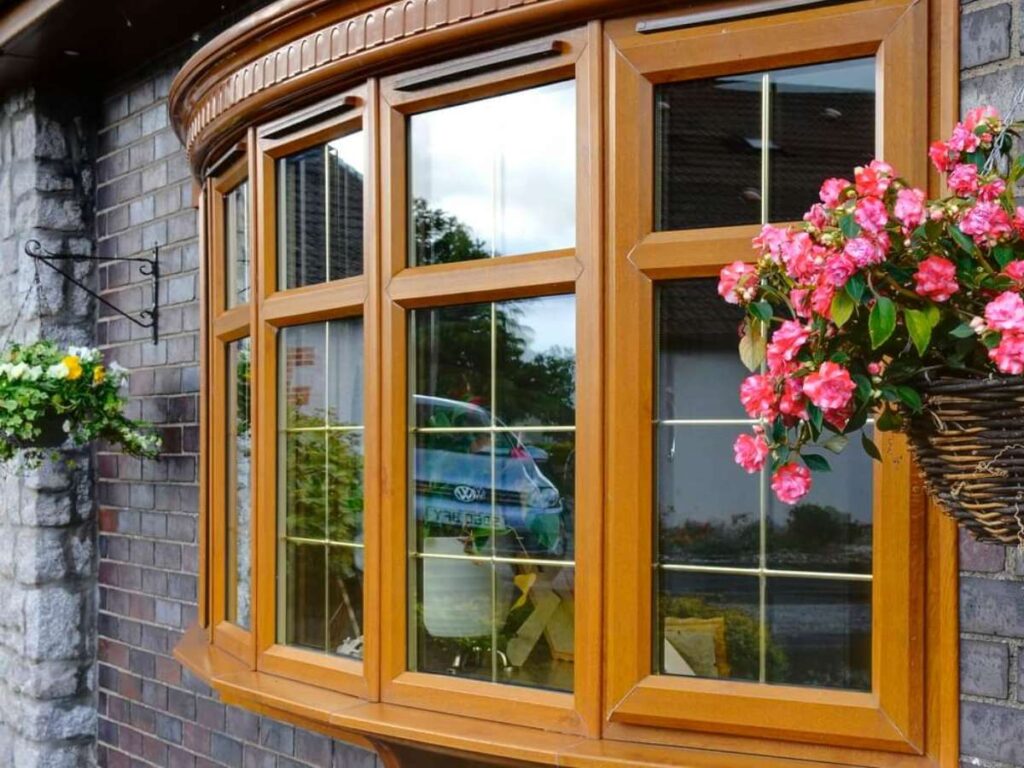
3. Compliance & Certifications You Must Check
I’ve worked on projects where windows passed the eye test but failed on paper. That’s a problem you can avoid. Compliance and certifications protect your investment and keep your project running smoothly.
If you want to avoid costly delays or replacements, here’s what you should review before placing any orders:
Building Code Compliance
- Local Building Standards: Every country and even some regions have their own rules for window installation. These cover safety, size limits, and sometimes even the type of glass you can use. Skipping this step can cause project delays.
- Fire Safety Regulations: Certain buildings, like hotels or large inns, must use fire-rated glass in specific areas. Check if your casement windows need this feature before buying. It’s much harder to swap later.
- Wind Load Requirements: In coastal or high-rise locations, windows need to meet specific wind-load ratings. This ensures the frames and glass can handle strong gusts without damage.
- Accessibility Standards: Some jurisdictions require that window handles be reachable and easy to operate. This is often overlooked but important for compliance in hospitality projects.
Energy Efficiency Certifications
- Energy Star or Local Equivalent: While labels may vary by country, they give you an easy way to compare performance. Higher ratings mean better insulation and potential cost savings.
- U-Value Ratings: The lower the U-value, the better the insulation. This is critical for controlling indoor temperatures and lowering utility bills.
- Solar Heat Gain Coefficient (SHGC): In sunny climates, a lower SHGC can help reduce cooling loads. It measures how much heat from sunlight passes through the glass.
- Thermal Break Technology: For aluminum frames, a thermal break improves insulation. Ask your supplier if their products include this feature.
Quality and Safety Marks
- CE Mark (Europe): This shows the product meets EU safety, health, and environmental requirements. Without it, you may face customs or legal issues.
- ISO Certification: Vallisco has an ISO standards often have better quality control. This can mean fewer defects and better long-term performance.
- Glass Safety Standards: Look for laminated or tempered glass that meets recognized safety codes. This reduces injury risks if the glass breaks.
- Manufacturer’s Warranty: While not a government certification, a clear and written warranty reflects the supplier’s confidence in their product. Always read the terms before committing.
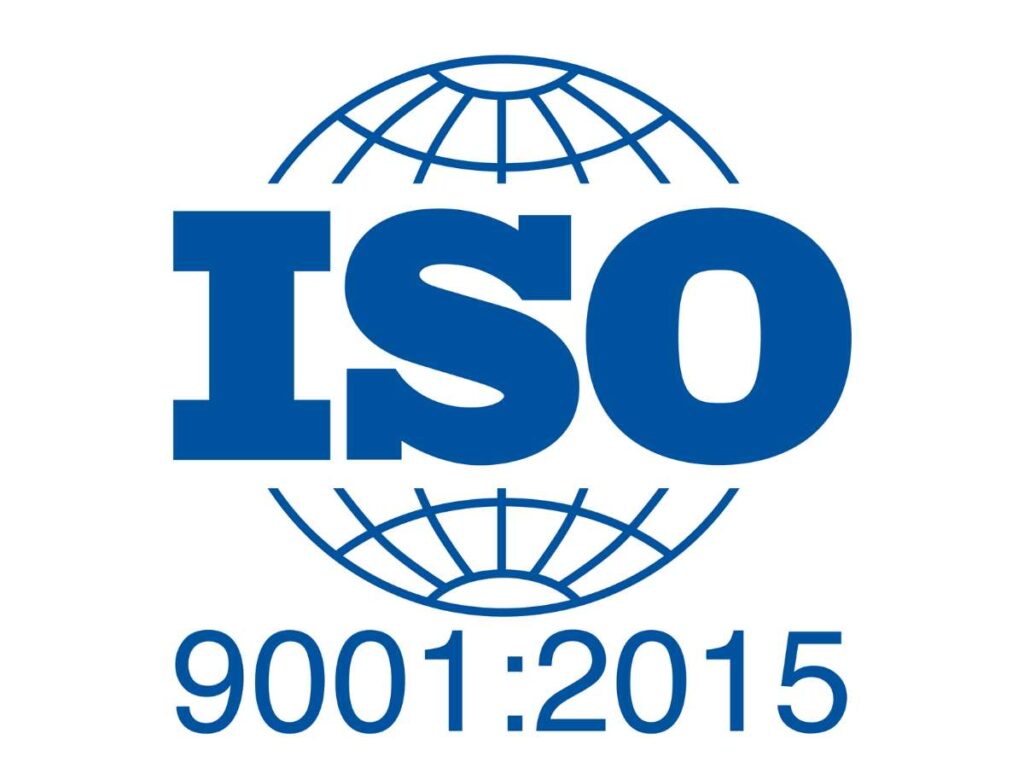
4. Types of Commercial Casement Windows
Over the years, I’ve noticed that many buyers start with a style they like, but the real choice comes down to function. Different casement window types work better for certain buildings, climates, and budgets.
Here’s a quick breakdown so you can match the right type to your project:
| Type | Description | Best For | Key Advantages | Possible Drawbacks |
| Side-Hung Casement | Hinged at the side, opens outward like a door. | Villas, hotels, B&Bs. | Wide opening for airflow, easy cleaning. | Needs space outside to swing open. |
| Top-Hung (Awning) Casement | Hinged at the top, opens outward from the bottom. | Greenhouses, bathrooms, upper floors. | Good rain protection while open, compact. | Limited ventilation compared to side-hung. |
| Fixed + Casement Combination | Fixed glass with operable side sections. | Large hotel lobbies, villas with scenic views. | Keeps large view area, allows ventilation. | More complex to install. |
| Double Casement (French Style) | Two side-hinged panels that meet in the middle. | Wide openings in villas or inns. | No center bar for unobstructed view. | May require stronger hardware. |
| Inward Opening Casement | Hinged at the side, opens inward. | Areas with limited outdoor space. | Easy to clean from inside, good for tight exteriors. | Takes up indoor space when open. |
Choosing the right casement window type isn’t just about style, it’s about how the window will work day after day in your property. Think about space, airflow, and maintenance before making a decision.
5. Common Buyer Mistakes to Avoid
I’ve seen projects go over budget or run into delays because of simple oversights when choosing commercial casement windows. These mistakes can be costly, both in time and money. If you want your project to run smoothly, watch out for these common issues.
Ignoring Climate and Location Needs
Many buyers pick windows based only on appearance, without thinking about how they will perform in local weather. In coastal areas, salty air can corrode metal parts faster if the frame and hardware aren’t treated.
In hot climates, poor insulation can drive up cooling costs for years. The right choice depends on where your building is and what conditions it will face.
Overlooking Installation Quality
Even the best window will fail if it’s installed poorly. In large-scale projects, make sure your supplier can either handle installation or recommend an experienced team. It’s also important to inspect the work before making the final payment.
Not Verifying Compliance Early
Some buyers only check certifications and building code requirements after the order is placed. This can lead to delays at customs, failed inspections, or even having to reorder windows that meet local rules. Always confirm compliance details before you sign the contract. It’s a small step that can save you weeks of project disruption.
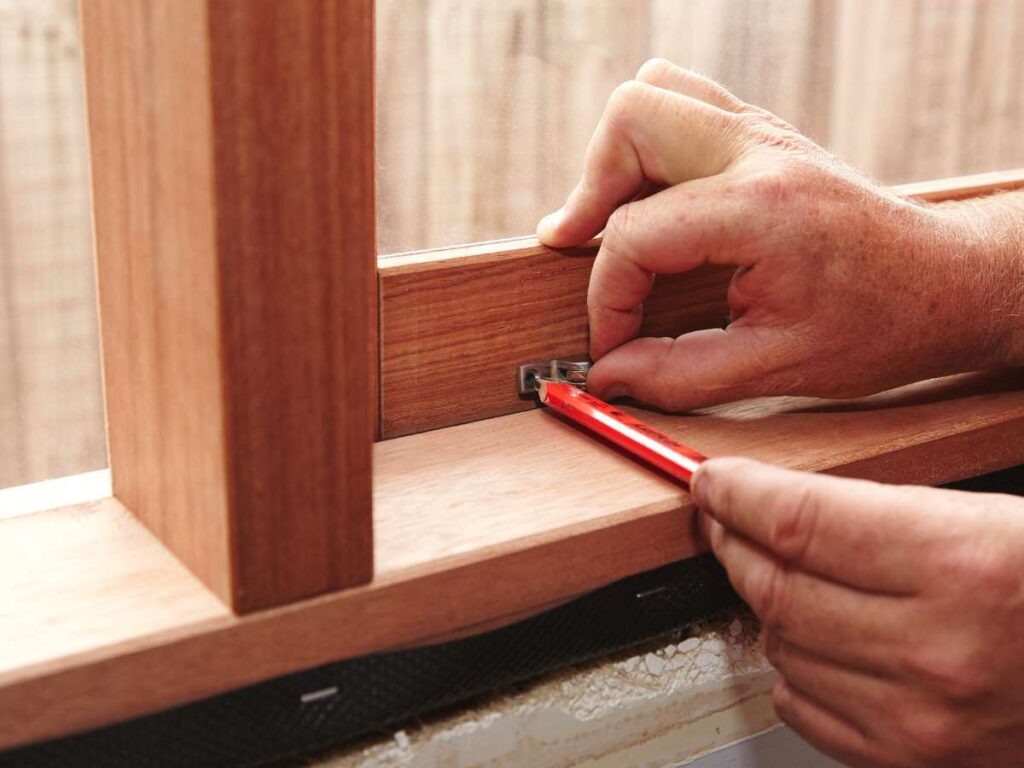
6. Choosing the Right Supplier
From what I’ve seen, the supplier you choose matters just as much as the window itself. A good supplier can keep your project on schedule. A bad one can leave you with delays. Here’s what I suggest you look at closely before making your choice:
Experience With Commercial Projects
Not all window suppliers understand the demands of large-scale or multi-unit installations. When I work with hotels or greenhouses, I want a supplier who has already handled similar jobs. This experience means they know how to manage bulk orders, coordinate with builders, and keep timelines realistic.
They also tend to understand the extra requirements for safety, ventilation, and maintenance in commercial spaces. You can check this by asking for references or project photos. A supplier who has done work like yours before is far less likely to make avoidable mistakes.
Product Quality and Testing
Every supplier will say their windows are high quality, but the proof is in the testing. Ask to see performance test results for wind resistance, water tightness, and insulation.
If they can show compliance with local and international standards, that’s even better. Vallisco manufactures commercial casement windows that meet strict performance standards.
You want to know the frames won’t warp, the hardware won’t fail, and the seals will last for years. This is especially important if your property will be in a location with harsh weather.
After-Sales Support and Warranty
The relationship with your supplier doesn’t end when the windows are delivered. Good suppliers stand by their products and offer help if problems come up later. A clear, written warranty is a must, and it should explain what’s covered and for how long. Also, find out if they can provide spare parts or service in your area. Reliable after-sales support can save you time and stress down the road.
Delivery Capacity and Lead Times
In large projects, delays in delivery can create a chain reaction of missed deadlines. That’s why I always check a supplier’s production schedule and delivery capacity before committing. If they can’t meet your required timeline, it doesn’t matter how good their product is.
Ask about their track record for on-time deliveries, and whether they keep stock of common sizes and materials.
In some cases, it’s worth visiting their factory or warehouse to see their operations firsthand. This helps you judge if they can handle your order volume without last-minute issues.
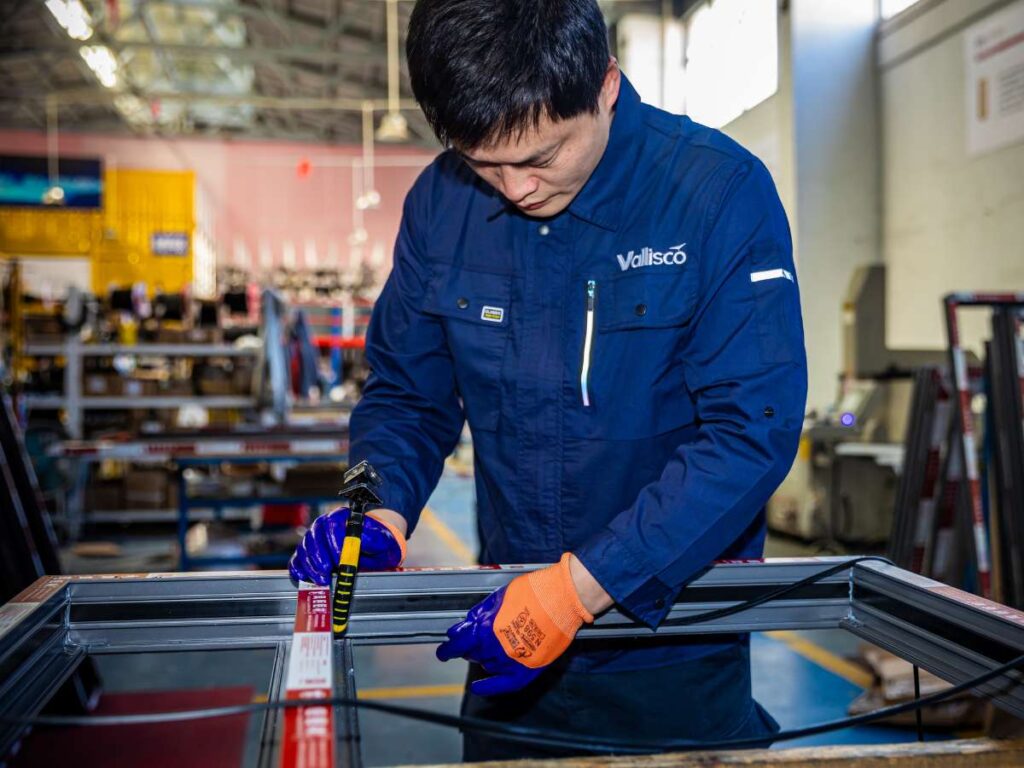
7. Key Factors to Consider Before Buying Commercial Casement Windows
Before you make a final decision, it’s worth slowing down and looking at the bigger picture. I’ve worked with many property owners who focused on price or looks first, then regretted it later when maintenance costs showed up.
If you want your investment to pay off in the long run, these are the areas I’d put at the top of your checklist.
Material and Build Quality
The material you choose will affect durability, maintenance needs, and how the window performs in your local climate. Choices are:
- Aluminum: It works well in hot, humid climates if it has a thermal break and anti-corrosion coating.
- uPVC: It offers good insulation and low maintenance, but it may not suit every architectural style.
- Wood: It gives a classic look but needs more upkeep to handle moisture and insects.
Whatever you choose, look closely at the joinery, seals, and hardware, these small details often determine how long the window will last.
Energy Performance and Comfort
A good commercial casement window does more than keep the rain out—it helps control indoor temperature and reduce energy costs.
Consider these points when comparing options:
- Glazing Type: Double or triple glazing can improve insulation and cut outside noise.
- Low-E Glass: Reduces heat transfer without blocking natural light.
- U-Value and SHGC Ratings: Lower U-values mean better insulation; SHGC helps manage heat gain from the sun.
- Seal Quality: Poor seals let air in and out, increasing heating or cooling costs.
I’ve seen hotels and villas save significantly on utilities simply by upgrading to better glass and seals. Over time, the savings often outweigh the higher upfront cost.
Functionality and Maintenance
Think about how your team or guests will use the windows every day. Will they need to open them often for ventilation? Is easy cleaning from the inside important? The answers can help you decide on handle placement, hinge type, and opening direction.
For example, inward-opening casement windows can be easier to clean in multi-story buildings, but they take up interior space. Outward-opening designs work well for airflow but require clear space outside.
Maintenance is another point where small details matter. Choose hardware that’s easy to lubricate and seals that can be replaced without removing the whole frame. A design that’s simple to maintain will keep performance high and reduce costs over the years.
Conclusion
That villa project I mentioned earlier finally solved its problem by replacing the warped windows with better-built casement models.
The difference in comfort and appearance was clear within weeks.
This guide has walked you through types, features, compliance, and supplier checks so you can avoid the same trouble. The right decision now will save you money and time for years to come.
If you’re ready to compare options or need advice for your property, Vallisco can help with tested commercial casement windows.
Contact us today and start your project on the right track.
Recommended Reads for You
Interested in more? Here are some additional articles with insights and tips to keep you informed:
Still haven’t found what you’re looking for? Don’t hesitate to contact us. We’re available around the clock to assist you.


